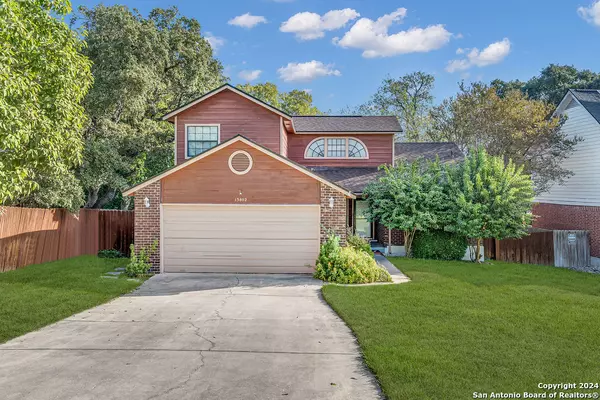Understanding Property Taxes
Navigating the world of real estate can be complex, and one of the most important aspects to understand is property taxes. Whether you're a buyer, seller, or simply interested in the dynamics of your neighborhood, comprehending how property taxes work can save you money and help you make informed decisions.
### For Buyers
When purchasing a home, property taxes should be a key consideration in your budget. These taxes are typically based on the assessed value of the property and can vary significantly from one area to another. Before making an offer, it's crucial to research the property tax rate in the neighborhood where you're planning to buy.
Many municipalities provide online tools where you can input an address and get an estimate of the annual property tax. Additionally, consider that tax rates can change over time due to local government decisions or reassessments of property values. Therefore, factor in potential increases when calculating your long-term affordability.
### For Sellers
As a seller, understanding property taxes can help you set a competitive price for your home and facilitate smoother transactions. Buyers often request information about current property taxes as part of their due diligence. Being prepared with accurate data can enhance your credibility and expedite the selling process.
If you've made significant improvements to your home, these may increase its assessed value and consequently its property taxes. Be transparent about any changes that might affect the tax rate; this honesty can prevent surprises for potential buyers down the line.
### Impact on Neighborhood
Property taxes play a vital role in shaping neighborhoods since they fund essential services such as schools, public safety, and infrastructure maintenance. Higher property taxes often correlate with better-funded schools and more robust community services, which can make a neighborhood more attractive to buyers.
However, higher taxes can also be a double-edged sword. While they contribute to better amenities, they may also price out some residents or deter potential buyers who are sensitive to overall costs. Understanding this balance is crucial for both buyers and sellers when evaluating neighborhoods.
### How Are Property Taxes Calculated?
Property taxes are generally calculated by multiplying the assessed value of a home by the local tax rate. The assessed value is determined by local government assessors and may not always match market value. It's important to note that many areas offer exemptions or reductions for certain groups such as veterans, seniors, or low-income residents.
### Tips for Managing Property Taxes
1. **Appeal Your Assessment**: If you believe your property's assessed value is too high, you have the right to appeal it. Gather evidence such as recent sales data from comparable homes in your area to support your case.
2. **Stay Informed**: Keep abreast of local government meetings where changes in tax rates or assessments are discussed. Public participation can sometimes influence these decisions.
3. **Plan Ahead**: Budget for potential increases in property taxes over time. This will help you avoid financial strain if rates go up unexpectedly.
Understanding property taxes is essential for anyone involved in real estate transactions or living within a community. By taking the time to educate yourself on how these taxes work and their implications for buyers, sellers, and neighborhoods, you can make more informed decisions and contribute positively to your community's well-being.
Categories
Recent Posts










